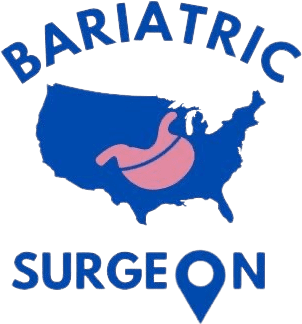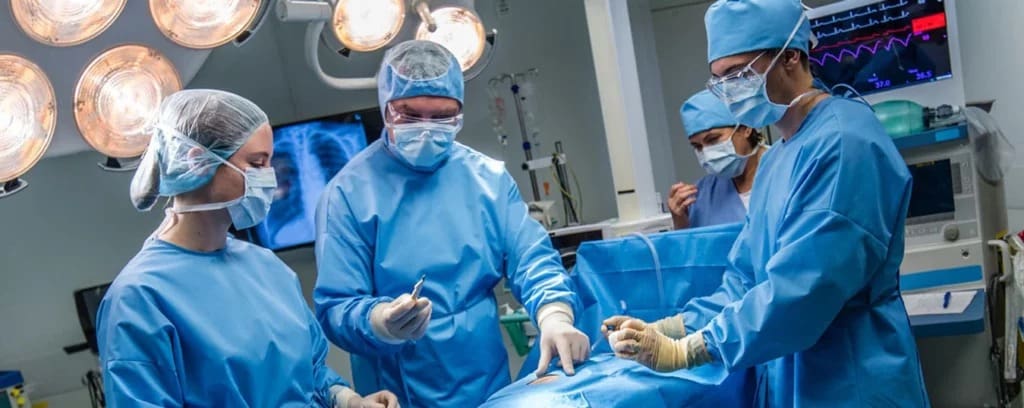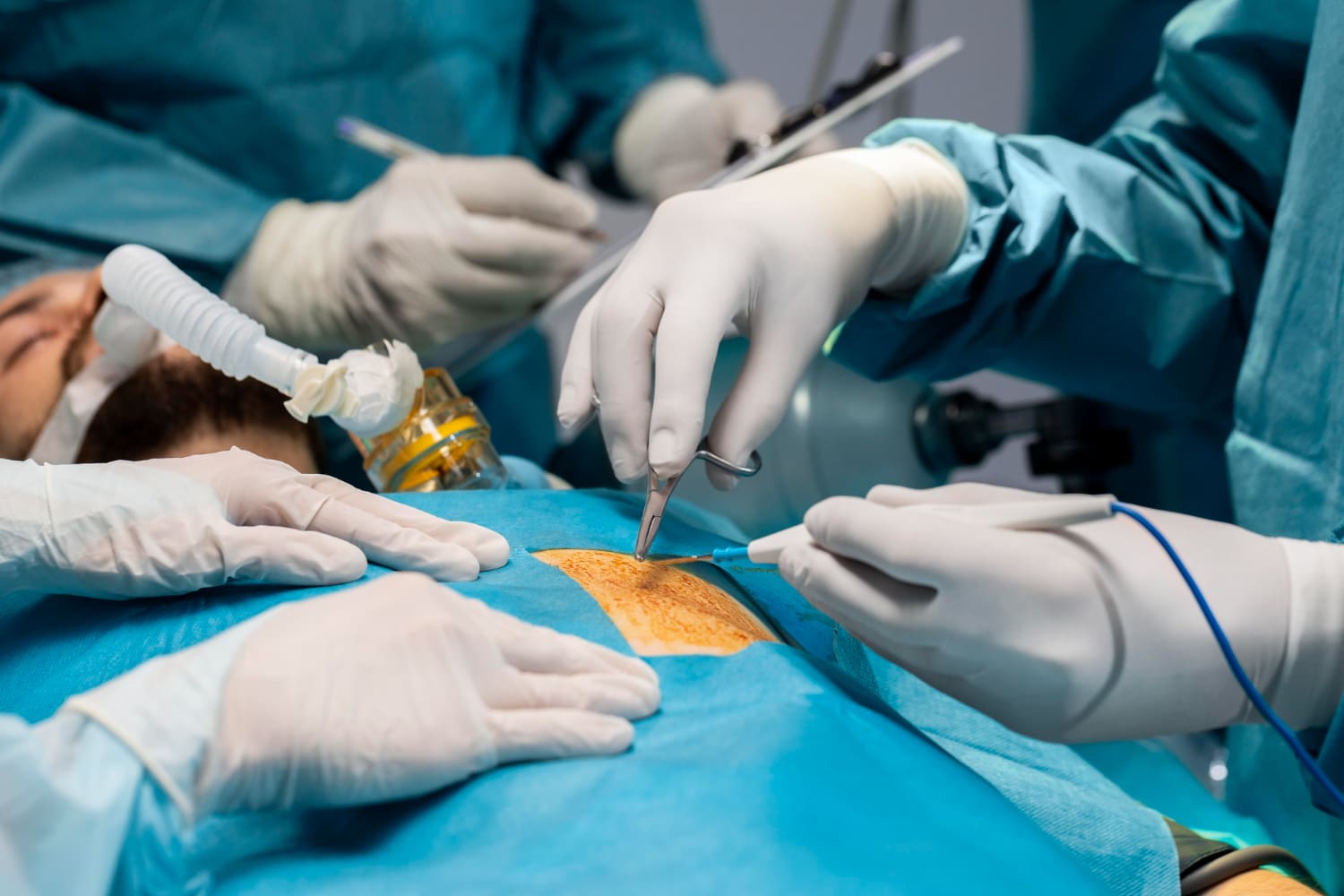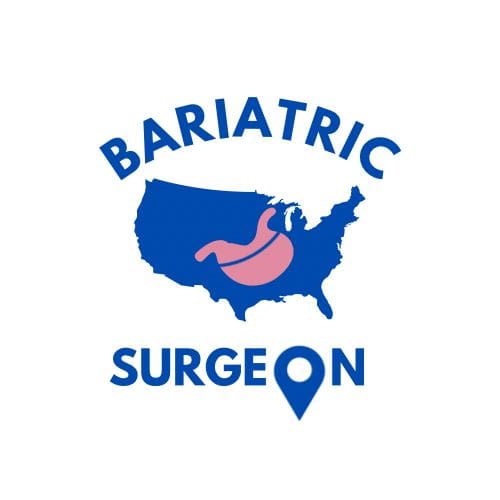For some patients, gastric sleeve surgery is not the final step in their weight-loss journey. While the sleeve gastrectomy is highly effective, there are cases where it doesn’t result in the desired weight loss, or complications arise after the procedure. In these situations, patients may opt for a gastric sleeve to gastric bypass conversion. This revision surgery is becoming more common as people look for better results or relief from side effects following their initial procedure.
Why Would Someone Need a Conversion?
The gastric sleeve surgery, or sleeve gastrectomy, involves removing about 80% of the stomach to create a smaller, sleeve-like structure. Although this limits food intake and alters hunger hormones, it may not always result in sufficient weight loss. In other cases, patients may develop conditions such as severe acid reflux or regain a significant amount of weight over time.
This is where a gastric sleeve to gastric bypass conversion comes in. The conversion can be performed to help patients achieve further weight loss or address complications that arise after the sleeve gastrectomy. Some common reasons for opting for this conversion include:
- Inadequate Weight Loss: Some patients may not experience the amount of weight loss they expected from the gastric sleeve.
- Weight Regain: Over time, the stomach can stretch, leading to increased food intake and weight regain.
- Severe Acid Reflux: One of the common side effects of gastric sleeve surgery is chronic acid reflux, which can sometimes be resolved with a bypass procedure.
How Does the Conversion Work?
The gastric sleeve to gastric bypass conversion is similar to a standard gastric bypass procedure. During this surgery, the surgeon creates a small pouch from the stomach, effectively bypassing the remaining part of the stomach and connecting it to the small intestine. This reduces the amount of food a patient can consume and alters the digestive process, so fewer calories are absorbed.
Because the patient already underwent a sleeve gastrectomy, there is less stomach tissue to work with, which can make the surgery more complex than a standard gastric bypass. The procedure is typically performed laparoscopically, meaning small incisions are made to minimize recovery time and reduce the risk of complications.
Benefits of the Conversion
The conversion from gastric sleeve to gastric bypass offers several advantages:
- Enhanced Weight Loss: For patients who did not lose enough weight with the sleeve, the bypass can lead to further weight reduction.
- Relief from Acid Reflux: Many patients who suffer from chronic reflux after a sleeve find that the bypass resolves this issue.
- Better Control Over Hunger: Gastric bypass surgery alters the hormones responsible for hunger, potentially leading to better appetite control than the sleeve alone.
Risks and Considerations
As with any revision surgery, there are risks involved. The gastric sleeve to bypass conversion is a more complicated procedure, and patients may experience longer recovery times or a higher risk of complications, such as infections or leaks at the surgical sites. Additionally, patients may need to be more vigilant about vitamin and mineral intake, as the bypass can lead to nutrient deficiencies.
Who Should Consider the Conversion?
This surgery is typically recommended for individuals who have experienced complications from their gastric sleeve or those who have not achieved their desired weight loss. It’s crucial for candidates to have realistic expectations and be committed to the necessary lifestyle changes post-surgery, such as maintaining a balanced diet and regular exercise.
Conclusion
While gastric sleeve surgery is a powerful tool for weight loss, it doesn’t always deliver the results some patients hope for. For those individuals, a gastric sleeve to gastric bypass conversion can provide a second chance at achieving their weight-loss goals or alleviating post-surgery complications. Consulting with a bariatric surgeon is the best way to determine if this procedure is the right step for you.







